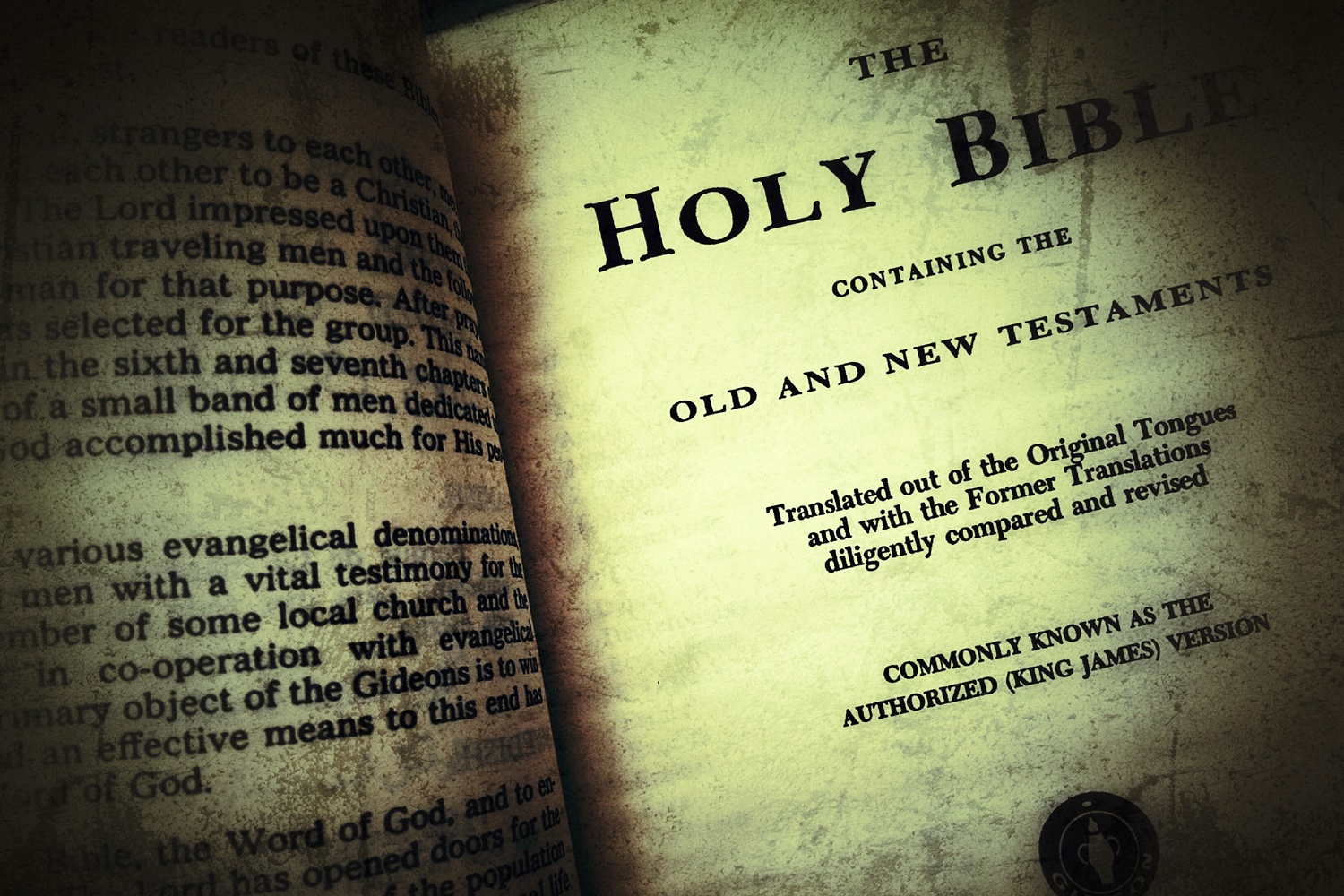A nagging question follows most Christians as we attempt to dutifully walk through the beginning of the Bible: what do I do with all of these law codes? Indeed, the Torah (Genesis, Exodus, Leviticus, Numbers and Deuteronomy) contains a number of law codes that stand seemingly disconnected from life as a modern Christian and make that part of the Scriptures confusing and cumbersome. What do I do with a law about mold in my house, or the oath of a daughter? How should I understand law codes that address rules for slavery and sex? Some of these laws make perfect sense, but others feel awkward, weird or inappropriate for public discussion. We can turn an embarrassing shade of red as we read the rules that flow from Mt. Sinai and the plains of Moab. Should we ‘do’ them? How should we follow them? Can anyone explain why the perfect God had to give Israel all of these rules? Each of these questions prove reasonable because it seems that the text, at times, invites such questions.
When students, in particular, ask me about these many, many law codes, my response tends to be unsettling. They want me to simplify and reduce the options for a Christian and the law codes down to either (1) obey them all or (2) ignore them all. Some, admittedly, seek a mediated position of obeying some of the law codes, but they fail to see an efficient standard as to discern which ones. What proves unsettling about my answer is that I point them not to a particular conclusion but to a much larger conversation, one that I find embedded in the biblical text itself. I seek, more precisely, to position the student as a reader with the responsibility to make his own determination from the text and to shine a light on how others have handled this core question in church history. In a way, I seek to awaken them to better questions rather than airtight, prepackaged answers that might end their seeking answers within the text. I hope that my approach enables them to surround their conclusions with the humility necessary to worship Jesus in these areas of life.
As such, I encourage them (as I am seeking to do for you now) that both the Old and New Testaments answer this question for Christians. It doesn’t make it easy for us, but it does make it fruitful. That is, He humbles us in the asking, the answering and the second guessing. Fortunately, church history unveils several different approaches to how we should interact with these law codes with some, in the end, being more faithful to the biblical canon than others. We can, today, frame the boundaries of the larger conversation because we stand in the wake of those faithful Christians who went before us.
There is a general sense throughout church history and, more precisely, within Protestantism that (1) a Christian’s conscience is bound to every part of Scripture in context and (2) a Christian need not obey, at least, some parts of the law codes that we find. That is, we know that the Torah is part of God’s Word to us, and yet we also know that the detailed laws (and perhaps more) do not directly apply to us in the manner of law as it did to ancient Israel. Any approach that denies the Old Testament as normative Scripture violates premise one. Orthodox Christianity affirms that the Church may not jettison these texts from our lives in Christ. In the same manner, any approach that places the weight of the Torah’s many law codes upon Christians as law codes that must be legalistically obeyed violates premise two. Orthodox Christianity requires a different relationship to the law codes than the ones expressed by the Pharisees and those who followed in their footsteps to form Judaism in its many forms.
Protestant Christians, more precisely, have two main approaches to defend these conjoined principles: (1) Covenant Theology (CT) and (2) Dispensational Theology (DT). Both CT and DT provide ways to apply these two principles in a normative fashion, but they also have major differences in how they relate the two. Most Christians have developed some marriage of the two, but CT and DT build on different assumptions and priorities. While both have been fruitful in helping Christians walk faithfully with Jesus, their differences remain at times in opposition to each other. Indeed, there seems to be no way to bring the two together on some aspects, but there is also a sense that ether approach can guide someone to ‘right thought’ on these questions (orthodoxy) and ‘right practice’ (orthopraxy). Nonetheless, the Protestant believer must at some point choose a side or pick a new way. The question of what to do with the law codes must be answered, but how can a believer choose between these approaches?
My hope in the next few weeks is to shine a light on the good, bad and ugly of both of these approaches because I intend to provide a quick, introductory perspective on both of these and some alternatives. In the series, we can see how most Protestants have answered the question so as to help us understand our options.
In part one, today, I have begun to consider the question of what to do with the law codes. In part two, we will examine how Covenant Theology (CT) reaches its conclusion. In part three, I will explain the approach of Dispensational Theology (DT). Part four will, then, provide a summary and comparison of these two major interpretive camps and recent attempts for compromise with Progressive Dispensationalism and New Covenant Theology. Finally, in part five, I will throw together the approach that I borrowed from my mentor, John Sailhamer, which he often dubbed a Wisdom approach.
While I will attempt to be fair to the other approaches, I know that my own preferences will probably seep through each part of my analysis. Despite this limitation, my hope is to help someone of a dispensational, covenantal or undetermined theological background to better understand the strengths and weaknesses of his inherited or adopted approach, even as I admit the shortcomings of my own analysis. My goal is not to persuade, per se, although I would love it if the whole evangelical world followed my lead … but I would rather help us follow the Scripture’s lead to the best of our abilities. I won’t give you a law, but I will help you read the laws a little better. That is, we will seek to use the law lawfully for the sake of Jesus and His Kingdom.






No Comments